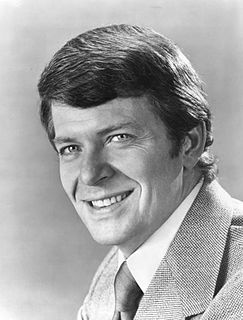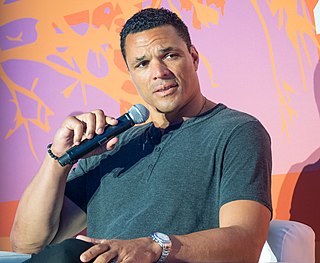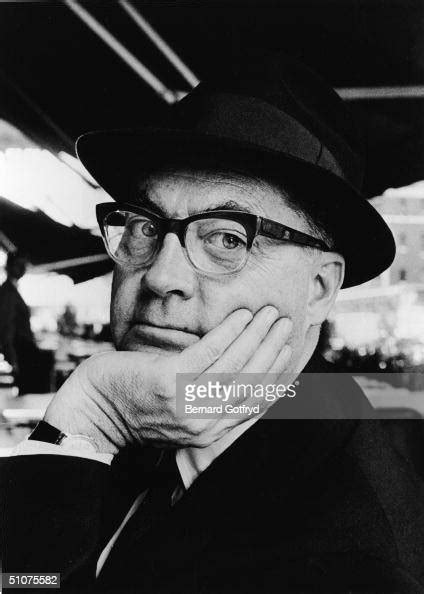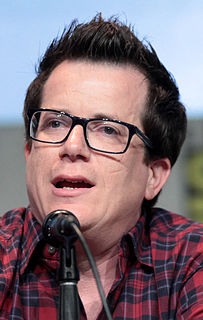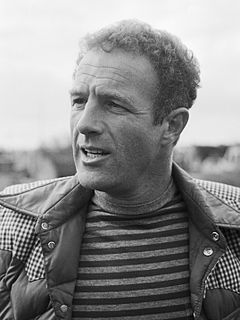A Quote by Robert Reed
In a novella, a whole lot of crap can happen, and you can build momentum and suspense and leave room for a surprise or three. Stories are cut down to the most essential elements, and novels (this might be an unfair generalization on my part) are big fat clumsy efforts where the reader can snooze for a couple chapters and miss nothing of consequence. Hence my love for the middle way.
Related Quotes
I still read romance, and I read suspense. I read them both. And part of it is, I like stories with strong characters, and I like stories where there's closure at the end. And I like stories where there's hope. That's a kind of empowerment. I think romance novels are very empowering, and I think suspense novels are, too.
I read a lot of detective stories because they always deliver. They give you a beginning, a middle, and an end - a resolution. The modern novels I read don't always deliver because I'm looking essentially for a story. As in Shakespeare, "The play's the thing." In particular I read detective stories for pacing, plot and suspense.
What I do is whatever it takes, it takes. Sometimes you see a scene right away and a take looks great so you might print that and you might print a couple more and take elements of all three. It just depends. You're looking for the highlights. You're looking for the best elements of the scene, but preferably you'd like to have one good take that would go all the way through.
A modest ring at the bell at length allayed her fears, and Miss Benton, hurrying into her own room and shutting herself up, in order that she might preserve that appearance of being taken by surprise which is so essential to the polite reception of visitors, awaited their coming with a smiling countenance.
Supernatural hasn't spent a lot of time on relationship stories, and this is a really nice mechanism to do that without imposing that on the forward momentum of these other stories that we're telling. In the writers' room we tend to say, "We're never going to be able to give a hell or Purgatory as good as people's imaginations," so the instinct is normally not to go there. But, we went the other way this year and said, "We are going to go there," because there's a really, really strong character thing going on down there.
You grow a whole lot more as a writer by getting old stories out of the house and letting new ones come in and live with you until they grow up and are ready to go. Don't let the old ones stay there and grow fat and cranky and eat all the food out of the refrigerator. You have dozens of generations of stories inside you, but the only way to make room for the new ones is to write the old ones and mail them off.
The novel is a big space, and a lot can happen. Just think about the parts of your life. How do we account for our own contradictions? The only way to understand them is to let them exist, as truths that indicate something about character. People are built of elements that don't fit together - and the conflict of that is their essential drive.
Ideas come at any moment -- except when you demand them. Most ideas come while I'm physically active, at the gym, with friends, gardening, so I always carry pen and paper. My first draft is always written in longhand. But once the first dozen chapters, more like short stories, are written, then momentum builds until I can't leave the project until it's done.
